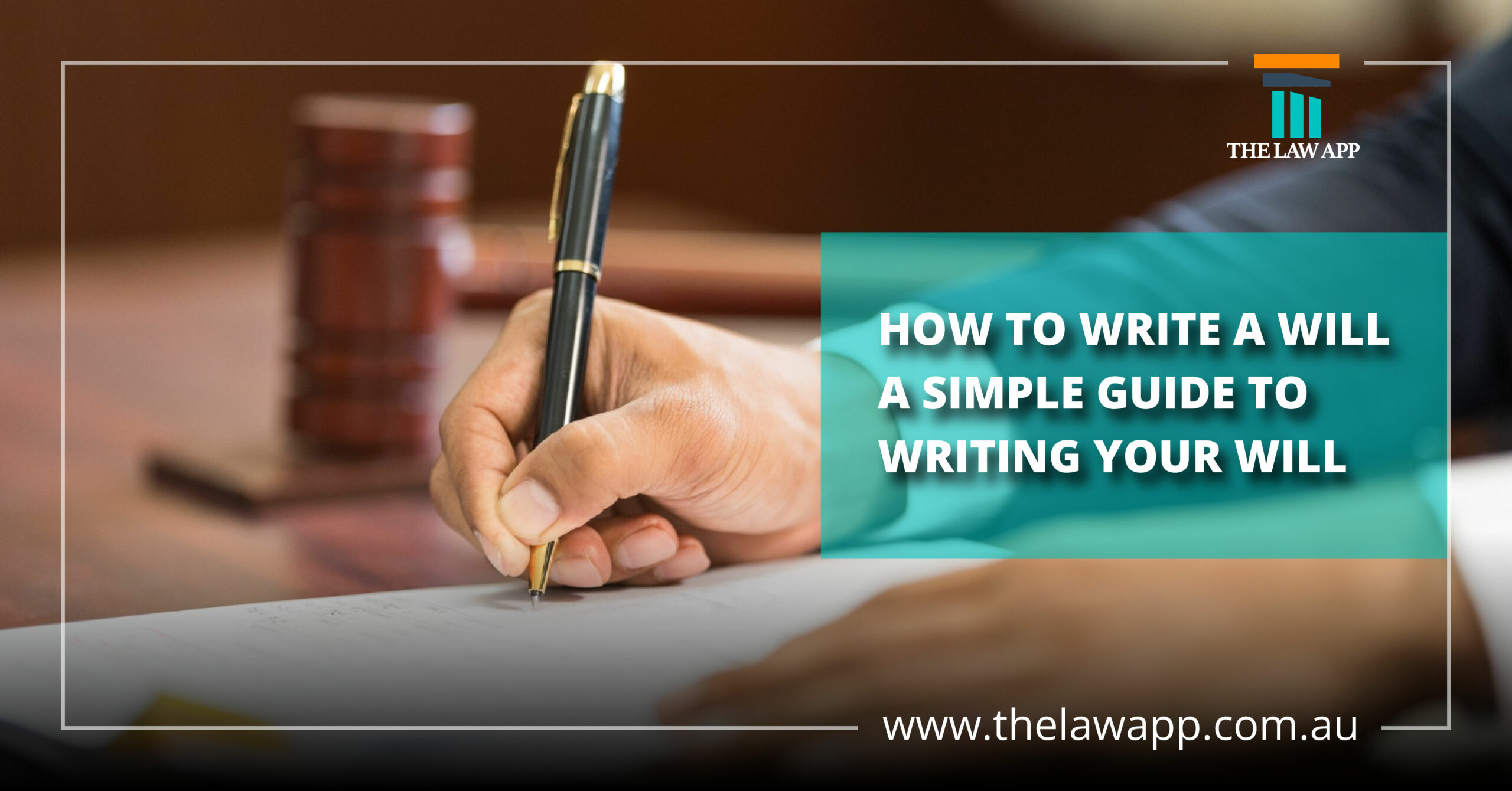
Writing a will is an important part of preparing for the future. A will allows you to decide how your assets will be distributed after your death, designate guardians for minor children, and provide instructions for your funeral wishes. It can also help your loved ones avoid legal and financial complications after your death. This guide will explain the basics of writing a will, including what information you need to get started, the steps you need to take, and common questions about the process.
A will is a legal document that states how a person’s assets should be distributed after their death. It also outlines any specific instructions for the disposition of property, guardianship of minor children, and funeral arrangements.
Creating a will is an important step in planning for your future. It ensures that your wishes are carried out after you die and helps to avoid any confusion or disputes among family members. It also allows you to designate guardians for your minor children and spell out your funeral arrangements.

Anyone over the age of 18 who is of sound mind and body can create a will. It is important to note that some states may have additional requirements for writing a will.
It is never too early to start planning for the future. Even if you are young and healthy, it is important to write a will to ensure that your wishes are followed and your assets are distributed according to your wishes.
Before you start writing a will, it is important to gather all of the necessary information. This should include a list of your assets, including bank accounts, real estate, investments, and personal property. You should also have a list of your debts, such as mortgages and loans.
An executor is the person who will be responsible for carrying out the instructions in your will. It is important to choose someone you trust, who is organised and responsible.
A beneficiary is a person or organisation that will receive your assets after your death. You can choose to leave your assets to family members, friends, or charities. You should make sure to include the full names and addresses of your beneficiaries in your will.
 Once you have gathered all of the necessary information, you can start to decide how your assets will be distributed. You should be specific about who will receive what, and make sure to include any special instructions for the distribution of your assets.
Once you have gathered all of the necessary information, you can start to decide how your assets will be distributed. You should be specific about who will receive what, and make sure to include any special instructions for the distribution of your assets.
If you have minor children, it is important to make arrangements for their care in your will. This should include naming a legal guardian and providing instructions for their financial support.
Your will can also include instructions for your funeral arrangements. This can include instructions for burial or cremation, where the funeral will be held, and who should be invited
Once you have completed your will, it must be signed and notarized in order to be valid. You should make sure to have two witnesses present when signing your will, and both witnesses and the notary must sign the document.
Once your will is signed and notarized, it should be stored in a safe place. You should also make sure to update your will as needed, such as when your financial situation or family situation changes.
 If you die without a will, your assets will be distributed according to the laws of your state. This may not be the same as what you would have wanted, and it could lead to disputes among your family members.
If you die without a will, your assets will be distributed according to the laws of your state. This may not be the same as what you would have wanted, and it could lead to disputes among your family members.
You can change your will at any time as long as you are of sound mind and body. You can make changes by creating a new will or by making a codicil, which is an amendment to your existing will.
Yes, you can write your own will as long as you are of sound mind and body. However, it is important to make sure that the will meets all of the legal requirements in your state.
The requirements for a will to be valid vary from state to state. Generally, a will must be in writing, signed and notarized, and witnessed by two people.
Your digital assets, such as online bank accounts and social media accounts, should be addressed in your will. You should provide instructions for how these assets should be handled after your death.
A will is a legal document that states how a person’s assets should be distributed after their death. It also outlines any specific instructions for the disposition of property, guardianship of minor children, and funeral arrangements.
Creating a will is an important step in planning for your future. It ensures that your wishes are carried out after you die and helps to avoid any confusion or disputes among family members. It also allows you to designate guardians for your minor children and spell out your funeral arrangements.
Anyone over the age of 18 who is of sound mind and body can create a will. It is important to note that some states may have additional requirements for writing a will.
It is never too early to start planning for the future. Even if you are young and healthy, it is important to write a will to ensure that your wishes are followed and your assets are distributed according to your wishes.
If you die without a will, your assets will be distributed according to the laws of your state. This may not be the same as what you would have wanted, and it could lead to disputes among your family members.
Yes, you can write your own will as long as you are of sound mind and body. However, it is important to make sure that the will meets all of the legal requirements in your state.
We would like to extend an invitation to you to stay connected with The Law App by joining our social networks from footer section and rate us on Google Map. At The Law App, we believe in the power of community, and we are always looking for new ways to connect with our users.
Come and join us at The Law App! We are an online platform that connects you with experienced lawyers in Brisbane, Queensland, Australia. Our goal is to make it easier and more affordable to find the legal advice you need. Our platform is easy to use and provides access to experienced lawyers who can help with all your legal matters. Sign up now and get the legal advice you need quickly and easily!